Canada's Governor General Julie Payette salutes after laying a wreath with her son Laurier Payette Flynn during Remembrance Day ceremonies at the National War Memorial in Ottawa on Nov. 11, 2018.CHRIS WATTIE/Reuters
At the 11th hour of the 11th day of the 11th month, Canadians paused at memorials and cenotaphs across the country and around the world to silently remember those who gave their lives in conflict and to mark 100 years since the end of the First World War.
The solemn ceremonies, punctuated by tolling bells and 21-gun salutes, tears of remembrance and speeches of thanks, were part of global commemorations recalling the end of hostilities in what was supposed to be the “war to end all wars.”
Prime Minister Justin Trudeau joined dozens of world leaders in Paris on Sunday to mark the armistice. As church bells rang, Mr. Trudeau and other dignitaries marched in the rain to the Tomb of the Unknown Soldier, a memorial to France’s fallen under the Arc de Triomphe.
Mr. Trudeau tweeted that the leaders had gathered to, “remember the fallen, and pay tribute to their sacrifice. Today, we commit to preserving their legacy of peace & freedom.”
Remembrance Day ceremonies dotted cities and communities large and small across Canada on Sunday. In Montreal, people gathered at the Place du Canada under mostly leaden skies to hear speeches at a ceremony attended by Mayor Valérie Plante and federal Minister of Tourism, Official Languages and Francophonie Mélanie Joly. The laying of wreaths unfolded as a military band played Leonard Cohen’s Hallelujah.
Roland Labrèche, wearing the Black Watch regiment’s Balmoral cap and four medals on his chest, said he felt compelled to pay tribute to the fallen and injured, despite Montreal’s sub-zero temperatures.
“It’s nothing compared to their sacrifice,” the 72-year-old said, wiping tears from his eyes. “Our guys suffered in the First World War. They wore kilts, no gloves, no nothing, for four years. I’m here for their memory, their suffering.”
For Mr. Labrèche, the First World War marked the time “when Canada becomes Canada.”
More than 66,000 Canadians died on the battlefields of Europe during the First World War when Canada was a young country of only eight million people.
The armistice, signed by German and Allied generals at 5 a.m. in Compiègne, France, came into effect six hours later, at 11 a.m. The Great War was the conflict that began Remembrance Day commemorations, originally observed in Canada as Armistice Day.
In Toronto, patches of sunlight illuminated red poppies against dark jackets, as thousands of people of all ages gathered around the cenotaph outside Old City Hall.
“One hundred years ago, the guns fell silent in Europe," Mayor John Tory said. “Here in Toronto, a city that had been so focused on supporting the war effort, the streets were filled with celebrations.”
By the war’s end a century ago, more than three-quarters of all eligible young men in the city had served, he noted. More than 45,000 Torontonians served with the Canadian Expeditionary Force or the British Army, he said. In today’s context, that equates to 311,000 young people in the city called upon to serve.
Relive the final months of the First World War through the pages of The Globe
Toronto resident Laurel Tate’s grandfather served in the Great War. She attends the ceremony every year, and found this year’s especially poignant. “It’s very moving,” she said. She used to worry that attendance would decline, as veterans passed away and memories of war faded. Instead, a huge crowd gathered on Sunday. “It’s very gratifying that there have been more people coming every year.”
In Ottawa, Defence Minister Harjit Sajjan attended the ceremony at the National War Memorial on behalf of Mr. Trudeau. Governor-General Julie Payette, returning from commemorative events in Belgium, greeted several people in the large crowd and placed a wreath at the war memorial. The Ottawa Children’s Choir sang In Flanders Fields, a poem written during the First World War by Canadian physician Lieutenant-Colonel John McCrae.
“On Remembrance Day, it is important that we pause, that we stand in silence, to honour those who have served our country and those who continue to serve in times of war, of conflict and in times of peace,” the Governor-General said in a video posted to Twitter.
In Vancouver’s Stanley Park, several hundred people gathered for a subdued ceremony at the First World War Japanese Canadian War Memorial, which was erected in 1920 and honours the 54 Japanese-Canadian soldiers who died in battle.
The light at the top of the cenotaph was extinguished in 1942, when 22,000 Japanese-Canadians living in British Columbia had been labelled “enemy aliens” and detained in camps or expelled to Japan.
A year prior to that, Yoshio Arai had visited a Royal Canadian Air Force recruitment centre in downtown Vancouver to enlist with his friend, who was white. Mr. Arai was nastily rejected by a recruiter, who used a racial slur toward him. The Canadian government forcibly relocated Mr. Arai and his family soon after that encounter.
“Very strong discrimination existed,” he said. “I grew up with it.”
On Sunday morning, Mr. Arai, 96, sat in the front row of the crowd as wreaths were laid at the foot of the monument and speeches touched on the duty Canadians have to learn from the xenophobia of the past.
Justin Ault, a Vancouver restauranteur, said he is still amazed that his great-grandfather Masajiro Shishido traveled from B.C. to Calgary to enlist with the 10th Battalion and fight in France in the First World War despite only having lived in Canada for three or four years.
“It’s amazing to think the way you were treated when you’ve only been here a few years and you say ‘no, I’m going to fight for my new country,' ” he said on Sunday of his great-grandfather.
Although meant to remember the past, Remembrance Day ceremonies on Sunday were also used to caution about present-day threats to world stability.
French President Emmanuel Macron took aim at nationalism and U.S. President Donald Trump, a self-described nationalist who has promoted an “America First” agenda. The French President said by placing one’s national interests first and disregarding those of others, “you stamp out the most precious thing a nation has – its moral values.”
With files from the Canadian Press and Associated Press
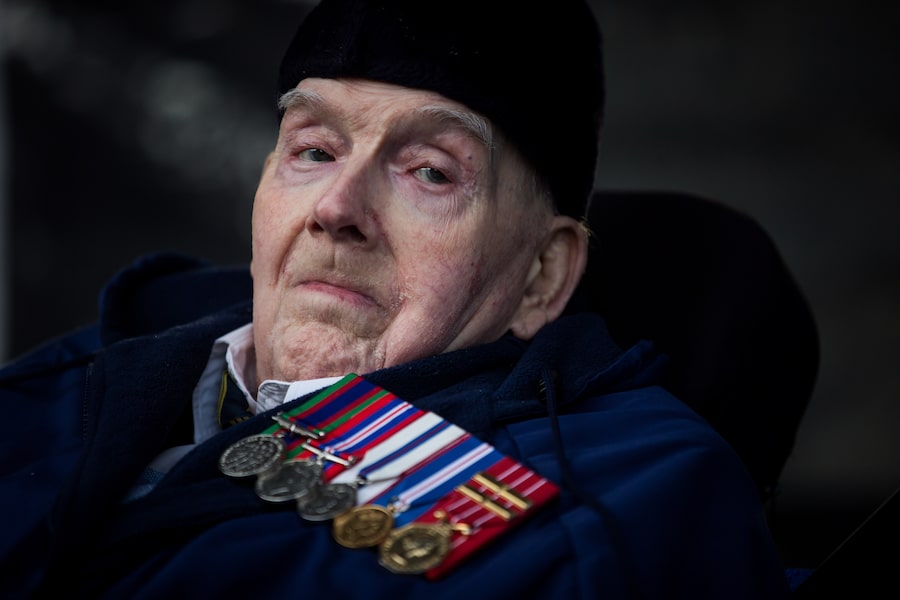


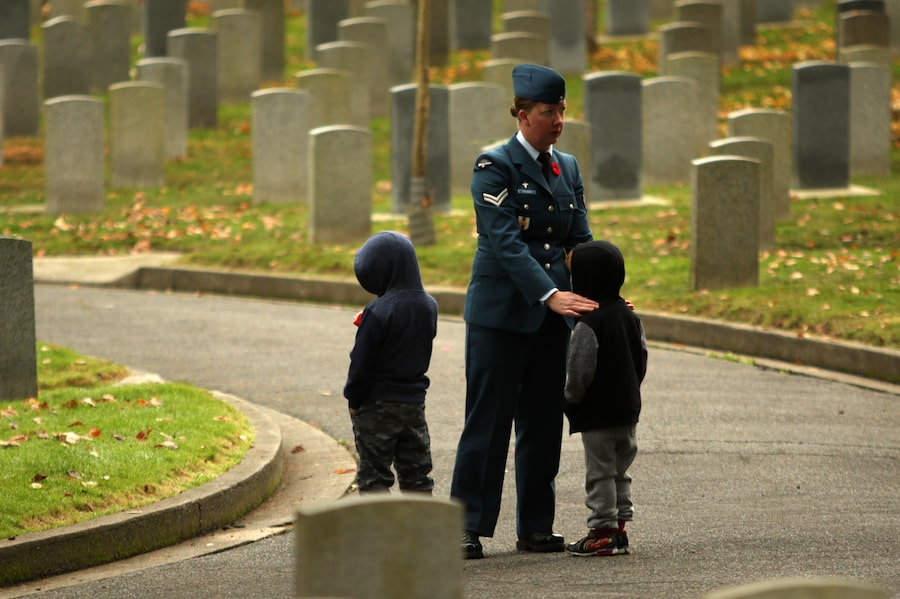
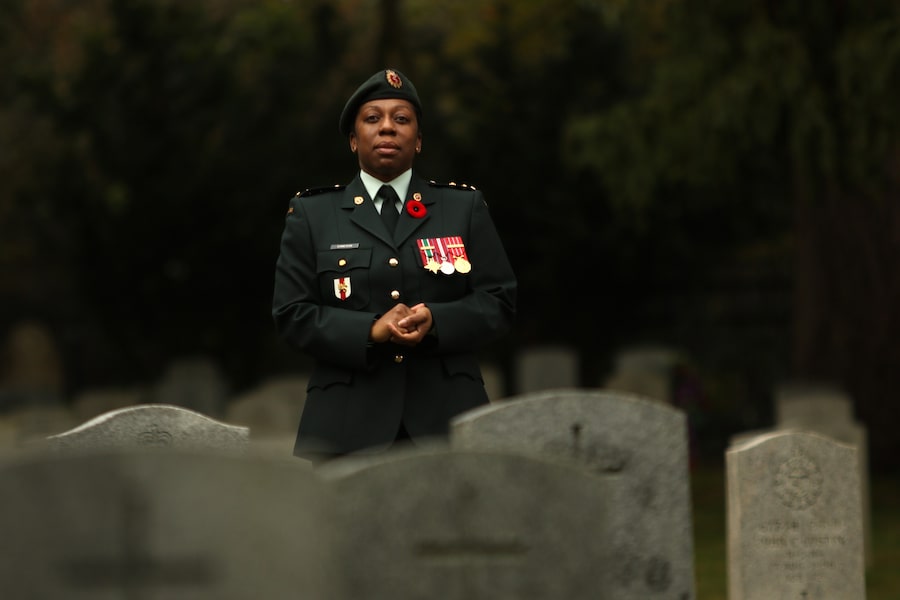
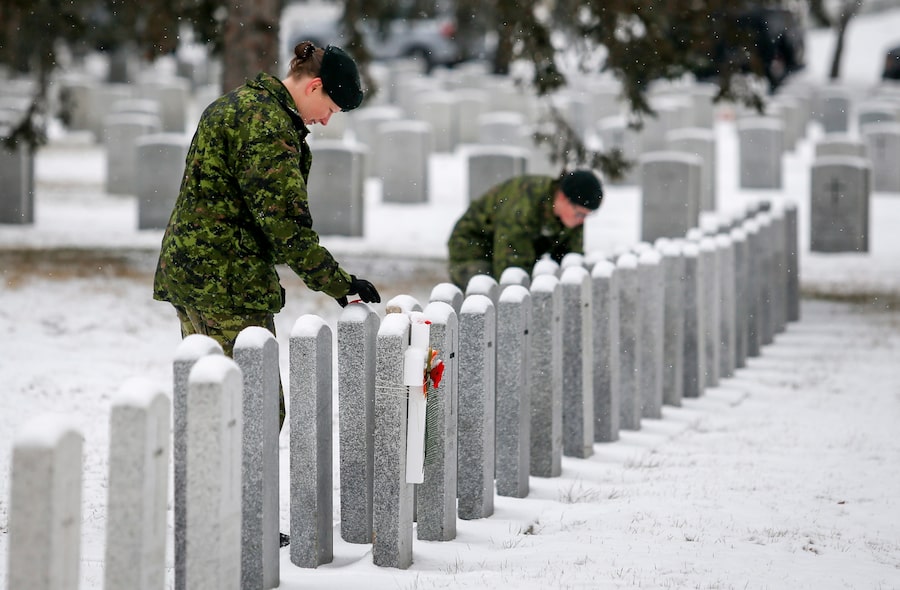

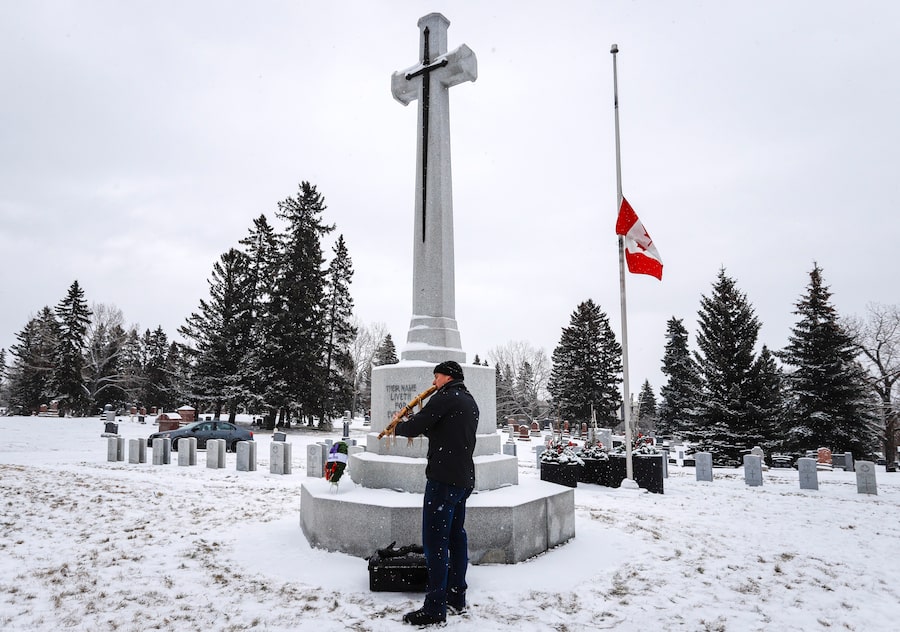
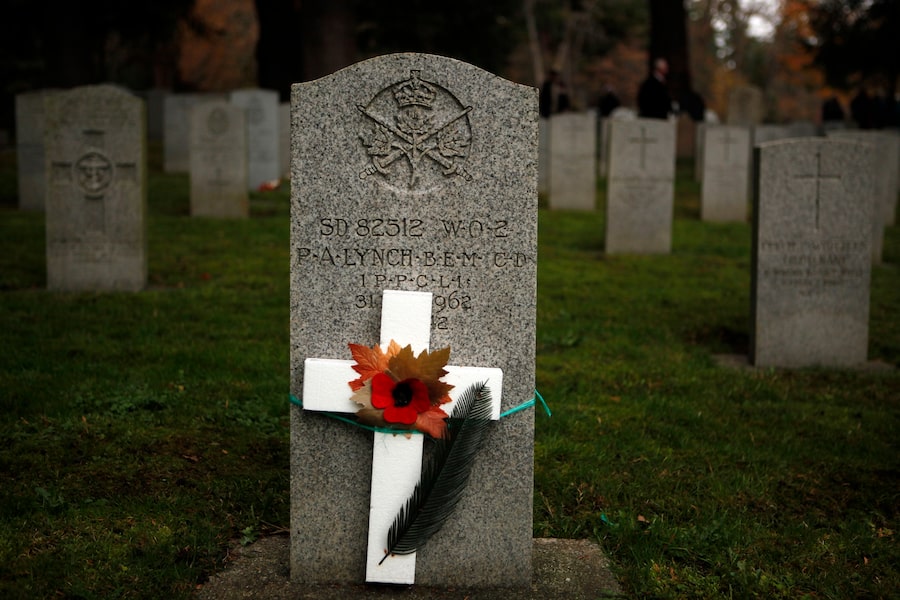
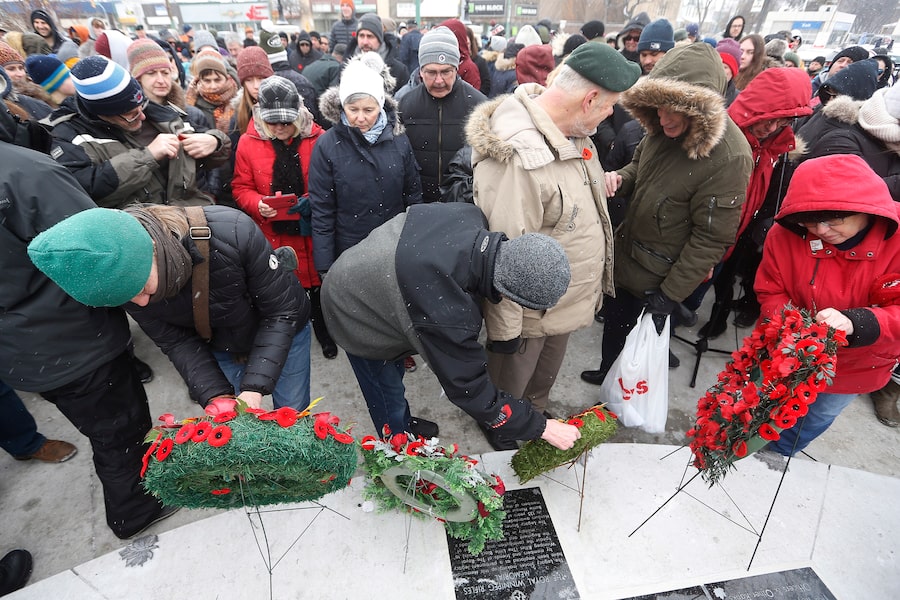
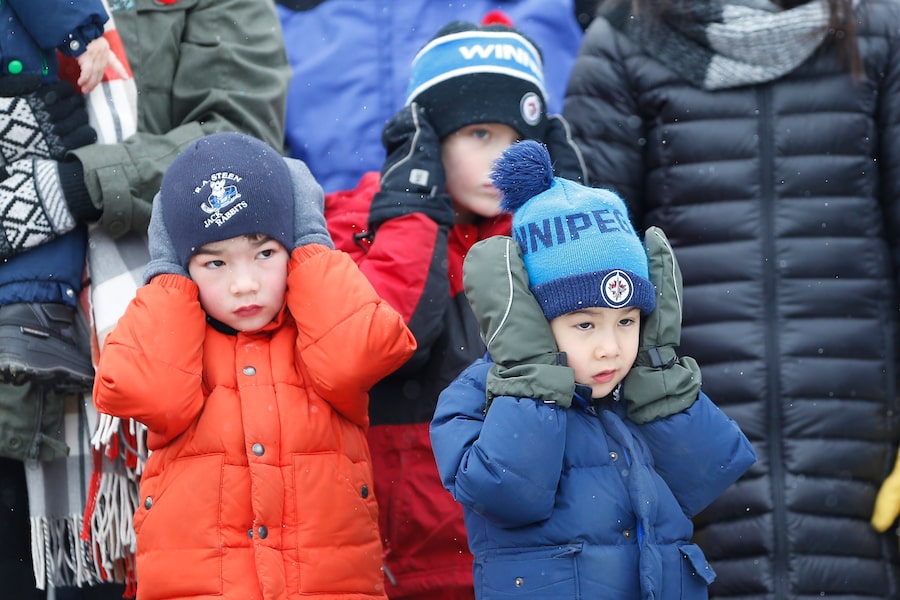
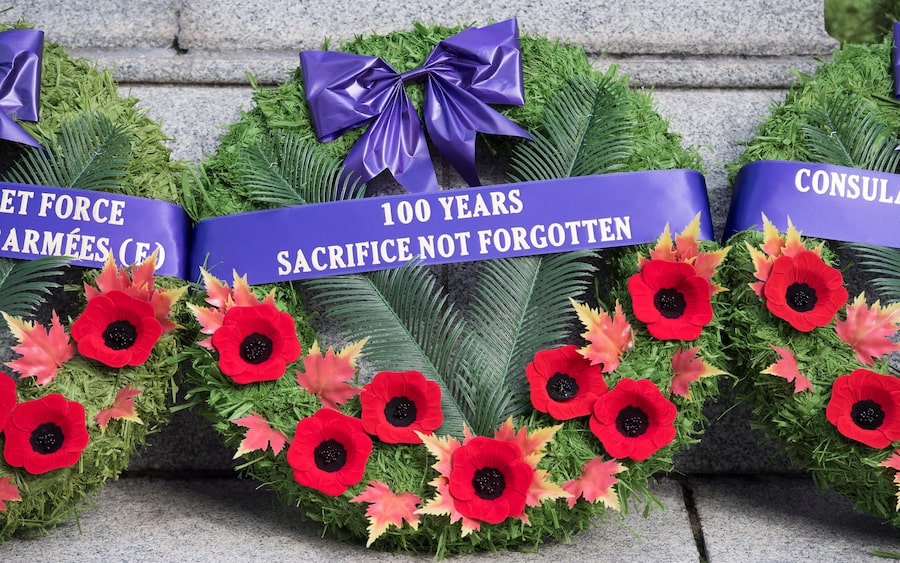
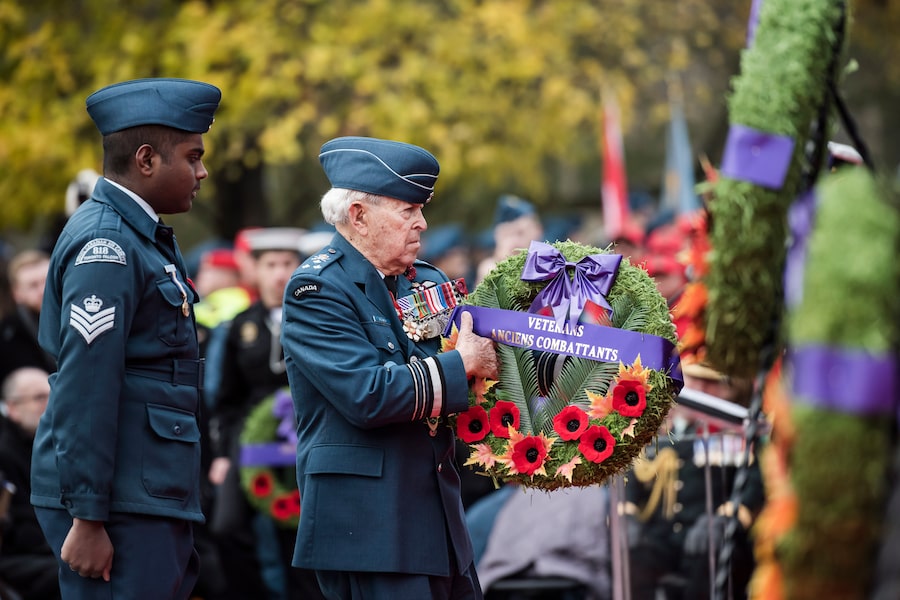

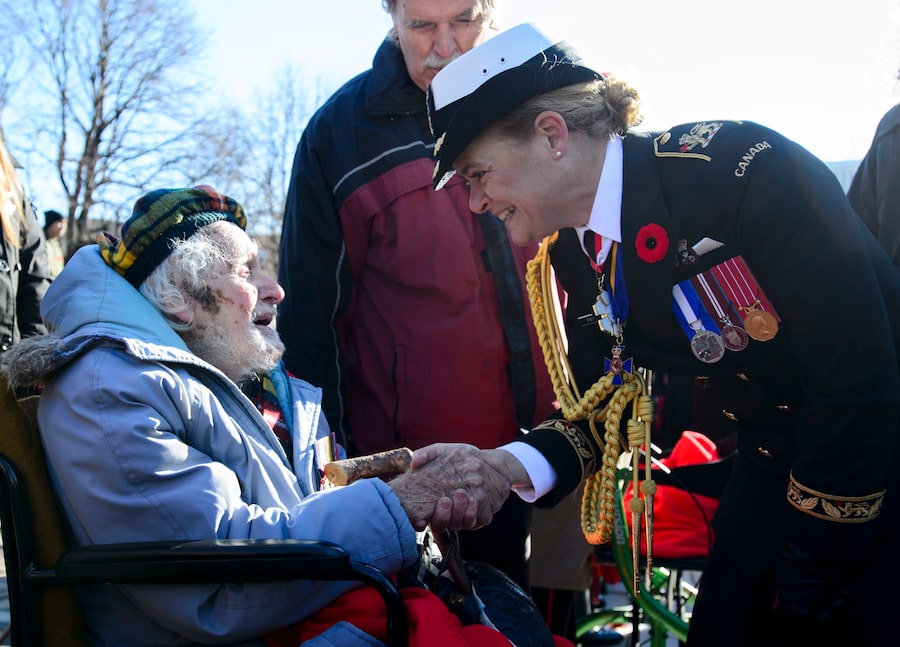
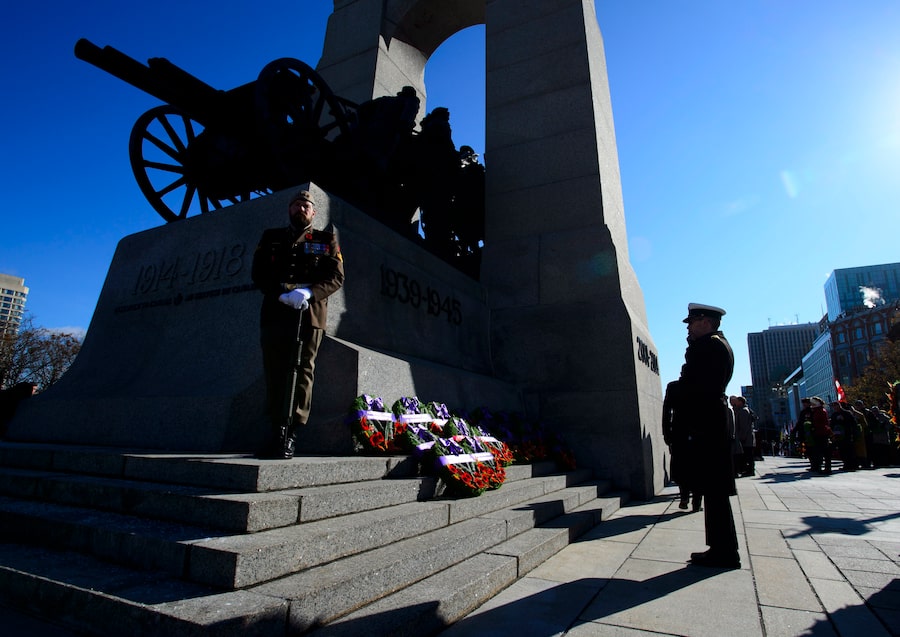
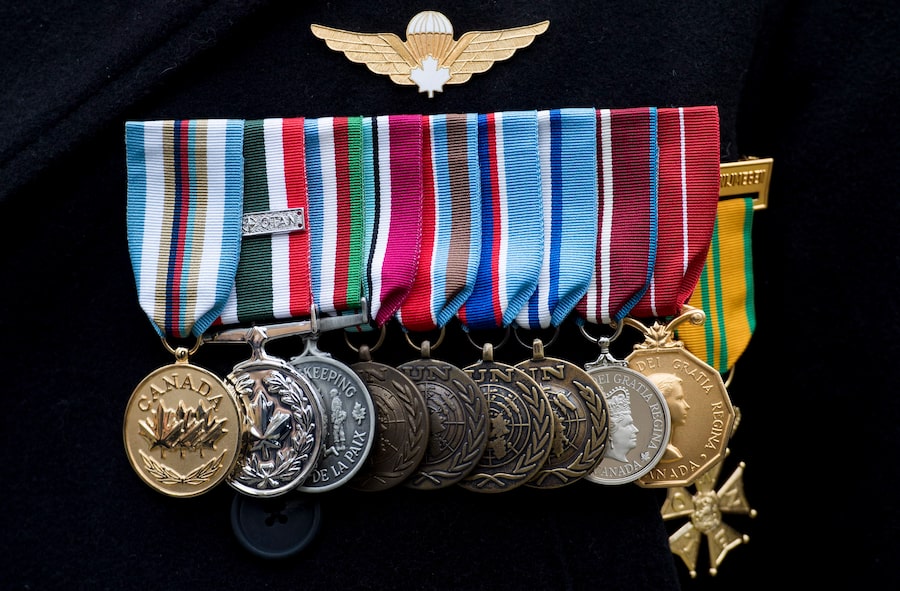

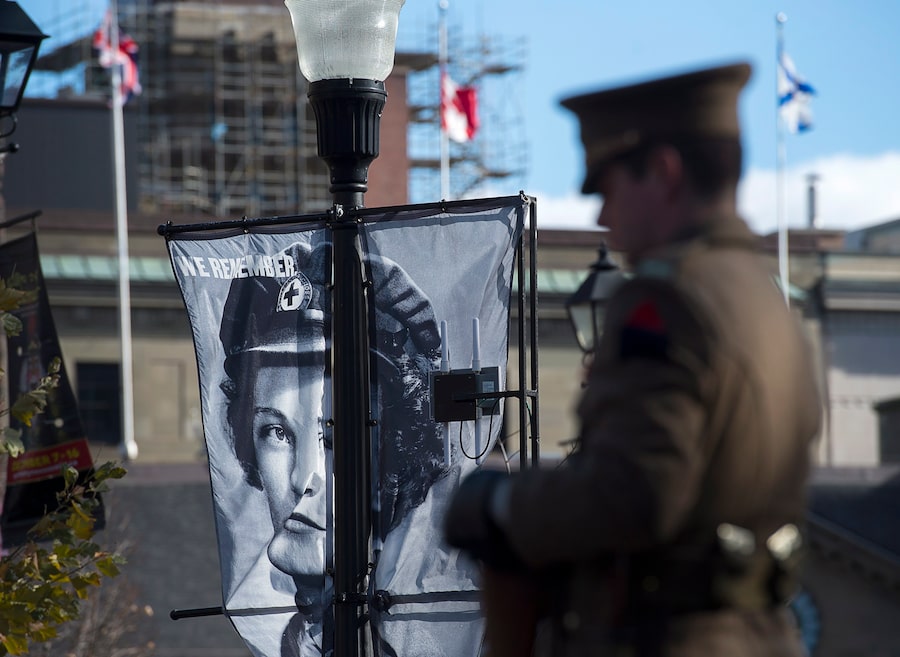

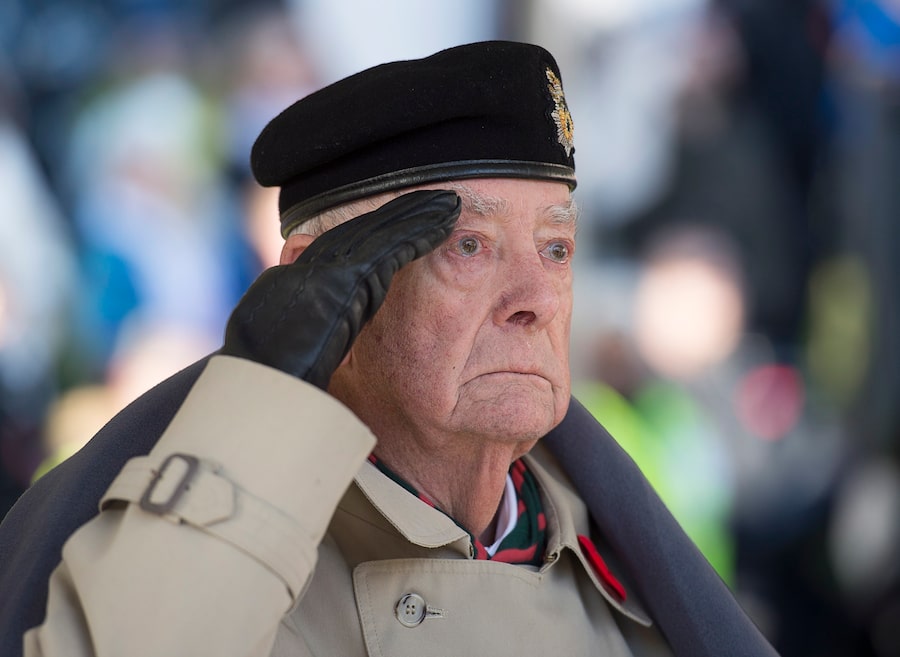
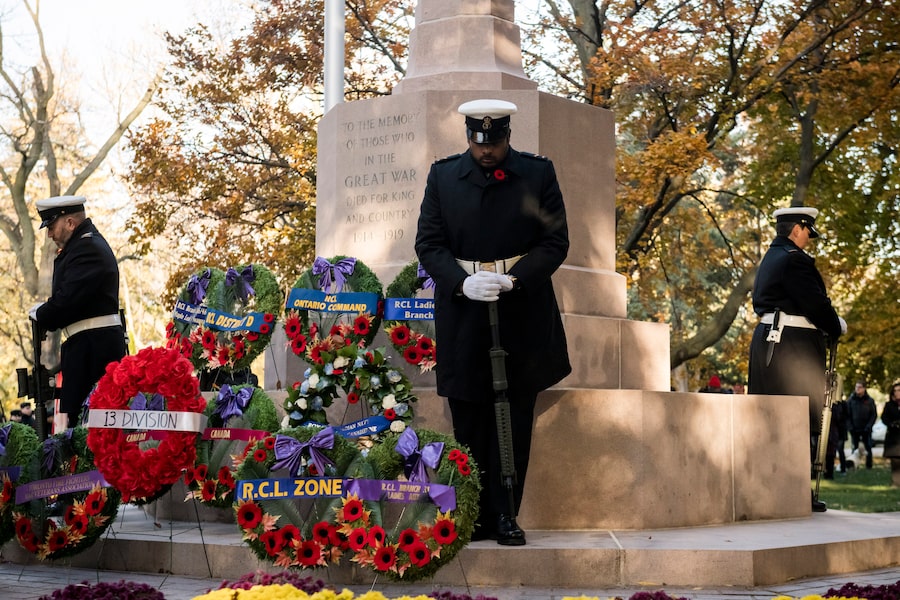
 Tavia Grant
Tavia Grant Mike Hager
Mike Hager